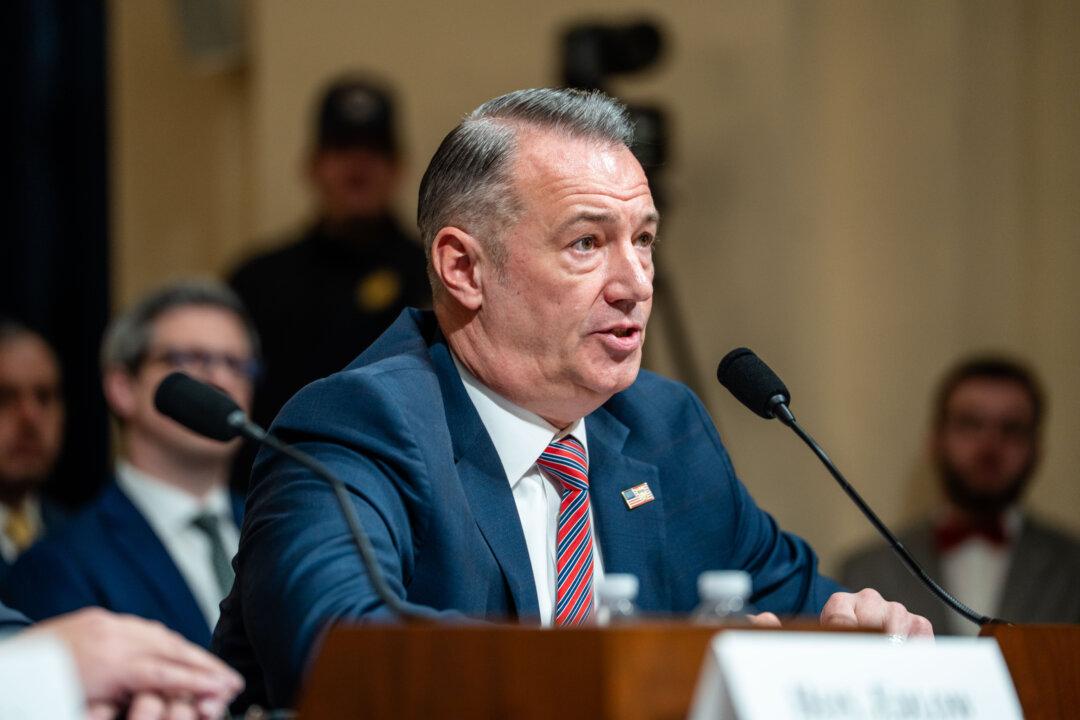While law enforcement and officials are preparing for Los Angeles Superior Court to institute a permanent zero-bail system Oct. 1, some officials said they are worried it will worsen crime in the community.
The county’s court system is required by California law to set uniform county bail schedules, according to the court’s executive officer and clerk David Slayton, who testified before the Los Angeles County Board of Supervisors about the new schedule Sept. 26.





